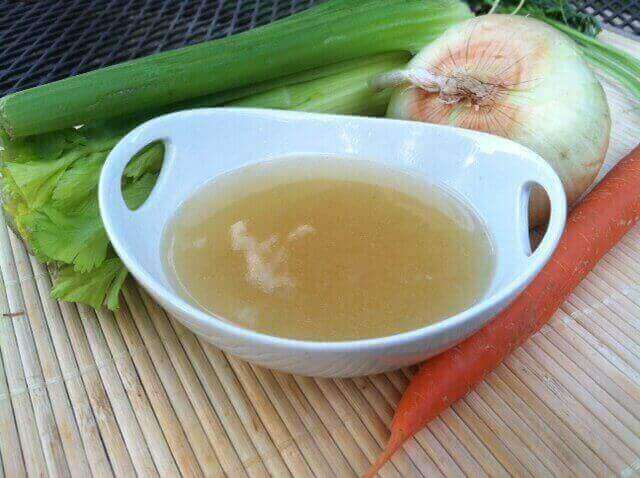If you’ve read my blog much, you probably noticed that I’m big on homemade bone broth and fermented foods like sauerkraut and with good reason…
What are Traditional Foods?
Traditional foods are foods that were consumed throughout history before the modernization and industrialization of the food supply. These foods are not only free from additives, chemicals and many of the things we find in food today, but they were exceptionally nourishing. Though the specifics of traditional food varied by culture, many cultures included some variation of the following:
- Healthy proteins like free range meats, fish or eggs
- Beneficial fats from healthy sources including coconut based fats, handmade butter, tallow, lard, ghee and olive oil
- Fermented foods like kimchee, kefir, kombucha, sauerkraut, atchara, etc
- Bone broth or soups cooked with bone-in meat for the variety of minerals and gelatin
- Organ meats
- Vegetables, fruits and nuts, especially leafy greens
- Sometimes tubers and root vegetables
- Raw dairy and dairy products (in some cultures)
Why These Traditional Foods?
From a past article:
Besides it’s amazing taste and culinary uses, broth is an excellent source of minerals and is known to boost the immune system (chicken soup when you are sick anyone?) and improve digestion. Its high calcium, magnesium and phosphorus content make it great for bone and tooth health. Bone broth also supports joints, hair, skin and nails due to its high collagen content. In fact, some even suggest that it helps eliminate cellulite as it supports smooth connective tissue.
Fermented foods have been through a process of lactofermentation which preserves the vegetables and creates vitamins, enzymes and beneficial bacteria.
“Cultures around the world have been eating fermented foods for years, from Sauerkraut in Germany to Kimichi in Korea and everywhere in between. Studies have even shown the link between probiotic rich foods and overall health (PDF).Sadly, with the advances in technology and food preparation, these time-honored traditional foods have been largely lost in our society.”
As this article explains:
Anthropological data suggest that those cultures subsisting entirely or largely on native, unrefined foods prepared according to time-honored traditions enjoy better health than peoples consuming a largely refined diet of modern foods. Infertility, heart disease, diabetes, autoimmune disease, mental illness, obesity, dental cavities and other diseases were largely absent in cultures subsisting on a native diet of unrefined foods. Whole foods lead to whole health.
If you have the time, you can make mineral rich bone broth (recipe) and fermented vegetables at home. I often make and consume both of these daily.
Traditional Food Resources
- The book Deep Nutrition really delves in to the reasons for these traditional foods on a genetic level and provides some very compelling research.
- In the same way, the book Cure Tooth Decay, talks about how these foods can improve oral health and even lead to improved oral health and remineralize cavities.
- My recipe list contains many recipes that use these traditional ingredients and that contain beneficial fats for optimal health.
- My “Food Rules” are my blueprint for helping kids adapt to and enjoy a healthier lifestyle.
What is the biggest challenge you have with incorporating traditional foods like broth and sauerkraut in to your diet? What traditional food will you soon be trying? Share in the comments below!




Leave a Reply